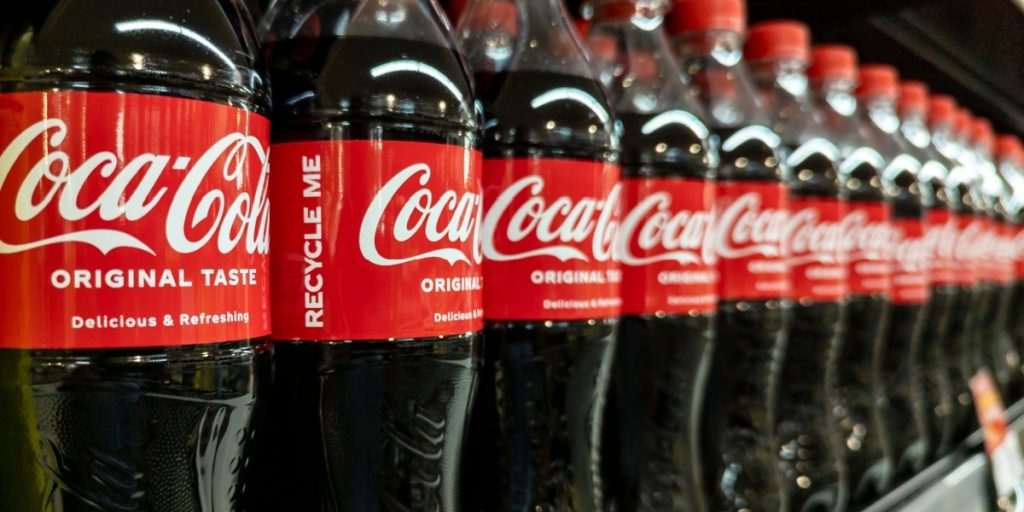The results indicated that Coca-Cola contained an average of 46 microplastic particles per liter after 20 openings.
Others are reading now
Recent findings reveal alarming levels of microplastics in popular beverages, including Coca-Cola and Schweppes, highlighting a pervasive environmental issue.
46 Microplastics per Liter
The French environmental organization Agir pour l’Environnement conducted tests on these sodas, uncovering the presence of microplastics—tiny plastic particles less than 5mm in size—in samples taken from bottles of Coca-Cola and Schweppes.
According to Agir’s director, Stéphen Kerckhove, consumers deserve to be informed about the potential health risks associated with plastic bottles. The tests involved opening one-liter bottles of Coca-Cola and 1.5-liter bottles of Schweppes multiple times, simulating normal usage.
The results indicated that Coca-Cola contained an average of 46 microplastic particles per liter after 20 openings, while Schweppes showed 62 particles per liter.
Also read
The analysis revealed six different types of polymers, a surprising discovery considering that manufacturers typically declare only two: polyethylene (used for caps) and polyethylene terephthalate (PET, used for bottles).
Agir for the Environment suggests that the degradation of the bottle caps may contribute to the microplastic contamination observed.
Increase in Nanoparticle Concentrations
Moreover, the study noted an increase in nanoparticle concentrations—particles even smaller than microplastics—with more openings, raising concerns about their ability to enter human organisms and potentially pose greater health risks.
These nanoparticles, being 1,000 times smaller than microplastics, are particularly concerning due to their capacity to be absorbed more easily by living beings.
While Schweppes assured consumers that its packaging meets strict safety standards, Coca-Cola has yet to respond to the findings.
The report emphasizes the urgent need for health authorities to investigate the potential health implications of microplastics in beverages, as their effects on human health remain poorly understood. Previous studies have linked microplastics to allergic reactions, cellular damage, and increased cancer risks.


